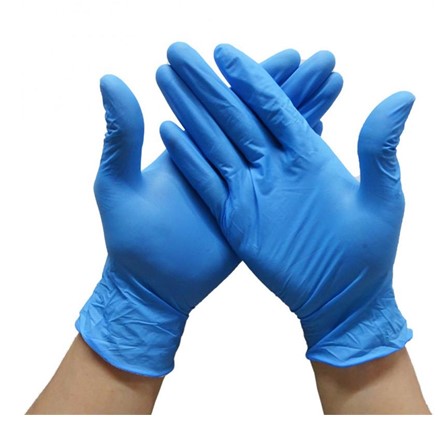Ural poultry farmers will increase export deliveries

 PIONEER MEIZHENG BIO-TECH (5 in1) JC0871/ Rapid tests for the determination of the residual amount of β-lactams, tetracyclines, chloramphenicol, streptomycins, ceftiofur in milk, whey.
PIONEER MEIZHENG BIO-TECH (5 in1) JC0871/ Rapid tests for the determination of the residual amount of β-lactams, tetracyclines, chloramphenicol, streptomycins, ceftiofur in milk, whey. Express-tests PIONER 5 in1 for the determination of thiamphenicol, meloxicam, colistine, trimethoprim, sulfonamides
Express-tests PIONER 5 in1 for the determination of thiamphenicol, meloxicam, colistine, trimethoprim, sulfonamides
- We showed not just a serious, but the largest increase in recent times - over 300 thousand tons compared to 2021. For 25 years, farms of all categories have increased poultry production by 7.5 times - this is a colossal result, - said Sergei Lakhtyukhov, director general of the National Union of Poultry Breeders, at the Interregional Agro-Industrial Conference in Chelyabinsk.
At the end of 2022, the ranking of the most productive manufacturers has changed. The first place was taken by the Resurs Group of Agricultural Enterprises, which for the first time overcame the bar of one million tons of poultry meat. This year will become even more intriguing, when the fight for the championship will again unfold with the traditional leader - the Cherkizovo Group, which is directly related to the South Urals: in addition to facilities in Bashkiria, it recently acquired the largest poultry asset in the Ural Federal District - the Healthy Farm agricultural holding.
An important task of recent times has been to minimize the dependence of domestic farms on imported hatching eggs, and this goal is noticeably closer. At the end of 2022, the industry reduced weekly imports to 5 million eggs, and in January the figure fell even lower. According to experts, last year the dependence on imported hatching eggs was within 10 percent, and taking into account plans to create second-order reproducers by 2024, this indicator is predicted to decrease to five or less.
- I can proudly say that the leaders of the industry, included in the top 25, have almost 100% provision with their own parent stocks. Further, the plans are to build a breeding chain: "Change", a breeding egg, etc., - sums up the head of the union of poultry farmers.
Last year, dependence on imported hatching eggs was within 10 percent, and by 2024 it is projected to decrease to five.
Recall: the new cross "Smena 9" was brought out by domestic breeders, registered it in 2020. In terms of productivity, it is not inferior to foreign ones, but it costs 1.5-2 times cheaper, says Dmitry Efimov, director of the All-Russian Research and Technological Institute of Poultry Farming of the Russian Academy of Sciences. According to him, Smena's meat is tastier than imported meat due to the harmonious development of the bird: foreign breeders focus on building up the pectoral muscles of chickens, while domestic breeders also "worked" on the drumstick and wings.
Advances in animal husbandry have boosted meat consumption in Russia to a record 79 kilograms per person per year. However, the increase in production puts pressure on prices. So that their decline does not negatively affect the economy of enterprises, it is necessary to stimulate consumer demand for poultry products.
However, in addition to the domestic market, there is also a global one. And the export of the industry's products has grown, and in all major directions and routes. Saudi Arabia secured the status of a key consumer, shipments to the United Arab Emirates also increased. A test delivery to Singapore has passed, ties with Jordan have been resumed. Unexpectedly, Africa "shot" as well, becoming a serious importer of Russian turkey. The countries of the Customs Union also increased the volume of imported products.
True, trade with China, which began to be characterized by mutual supplies of poultry products, stands apart. The neighbor first restored the production of pork (after the outbreak of the African plague), and then significantly increased the volume of chicken meat.
- We are accustomed to exporting paws, wings, offal to China : they are accepted there in any quantity, - Sergey Lakhtyukhov explains. - But white meat does not correspond to the culture of consumption of the Celestial Empire, it is being thrown off: 2,000 tons have already been exported to Russia by the end of last year. The trend is not yet very noticeable, but nevertheless disturbing.
Particularly wary, according to experts, should be regions bordering China and Kazakhstan.
But the union believes that legislative changes will help improve the economy of poultry farmers. On March 1, 2023, the federal law "On Livestock By-Products" came into effect, which was lobbied and promoted by representatives of the industry. According to Lakhtyukov, in relation to farmers who previously faced excessive fines for using poultry waste on their own fields, the policy is changing: a methodology is being developed for the actions of rural producers when handling poultry by-products.

























































